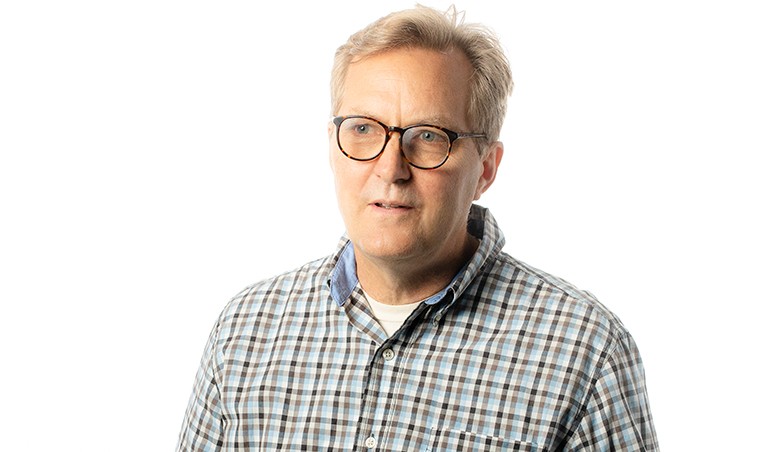Concordia course tackles the UN’s Sustainable Development Goals

This article is part of a series on Concordia’s engagement with the United Nations Sustainable Development Goals, as part of the Voluntary University Review.
When Concordia made an institutional commitment last fall to contribute to the advancing the Sustainable Development Goals (SDGs), James Grant and Rebecca Tittler saw both a need and an opportunity.
The need was to ask the question, what do the SDGs mean for sustainability work at Concordia? The opportunity was to engage students on questions around how to respond to the SDGs in a course.
Grant, professor of biology, co-director of the Loyola Sustainability Research Centre and principal of the Loyola College for Diversity and Sustainability, and Tittler, coordinator for both the research centre and college, decided to offer a course called Perspectives on the United Nations Sustainable Development Goals (LOYC 398-03).
“The college has a history of offering cross-disciplinary courses on topical issues, and we wanted to provide students with this opportunity because the SDGs are definitely topical and by definition cross-disciplinary,” Tittler notes. “They are also obviously consistent with our focus on sustainability and diversity studies.”
 Professor of biology, Peter Graham | Photo by David Ward
Professor of biology, Peter Graham | Photo by David Ward
SDGs in class
The new course, which started in September, allows students to gain a better understanding of the SDGs and their implementation. It’s being taught by Peter Graham (GrDip 05, Cert 09, MA 10, MA 14), lecturer at the college and the university’s School of Community and Public Affairs.
Graham was a natural fit to head the course. “For the last 15 years, my main research focus has been sustainability, so I was well situated to be the ringleader,” he says.
Each week at Concordia’s 4TH SPACE, guest lecturers discuss one or two SDGs during the first half of the class, while Graham leads discussion in the second half.
Among others guests, Grant spoke about SDG 6 – Clean Water; Ursula Eicker, Canada Excellence Research Chair in Smart, Sustainable and Resilient Communities and Cities, talked about SDG 7 – Affordable and Clean Energy; and Tittler will discuss SDG 15 – Life on Land, in the final class.
“My goal has been to try to sensitize students to the challenges of operationalizing the goals and that there’s a lot of obstacles still to be overcome — and that most of the obstacles are cultural or even cognitive,” Graham explains.
For one assignment, students work in groups to map out the relationships between the SDGs and particular segments of society; for example, the corporate world, the Indigenous world, the one per cent, the majority world, governments, the material world and the more-than-human world.
Graham recognizes the urgency of sustainability issues. “We’re not on a path that’s anywhere near something that could go on for the next century or so — we’re actually on a path to go over a cliff,” he warns.
“To think about sustainability means that we have to re-examine everything that we take for granted today.”
Partway through the 13-week class, Graham has already witnessed a real improvement in the students’ appreciation of the SDGs and sustainability in general. “I’m very pleased how they are really thinking deeply about the problem and the challenges,” he says.
“They’re in that age group where this is their lives, this is their future, so they take it quite seriously.”
Given current realities, the topic will only gain relevance. “We are planning on offering the course again next year and, hopefully, making it a permanent course,” Tittler reports.
Graham feels strongly that subjects touching upon critical world issues — notably, sustainability and Indigenous reconciliation — should be taught to all university students.
“It doesn’t matter what degree, what department, what discipline,” he says. “You should have some basic understanding of the big challenges we face as a society today — and those are reconciliation and sustainability.”
Attend the course lectures through Concordia’s 4TH SPACE.
Learn more about Concordia’s Loyola Sustainability Research Centre and Loyola College for Diversity and Sustainability and the university’s commitment to the United Nations Sustainable Development Goals.



